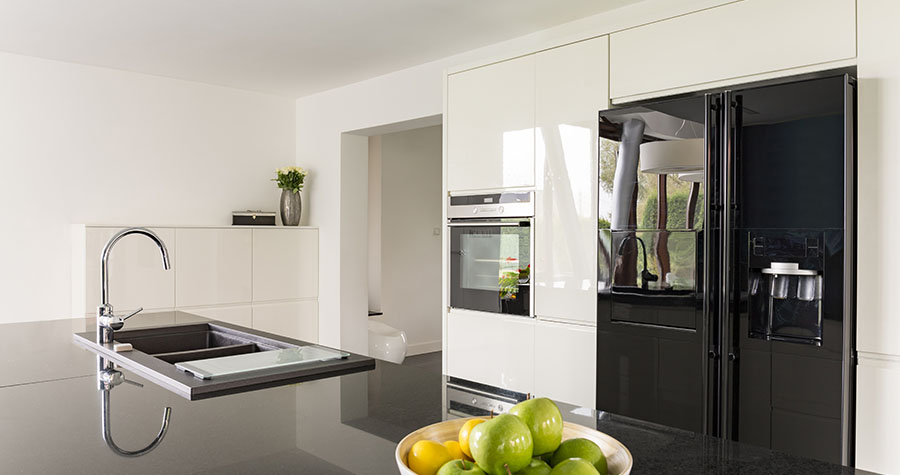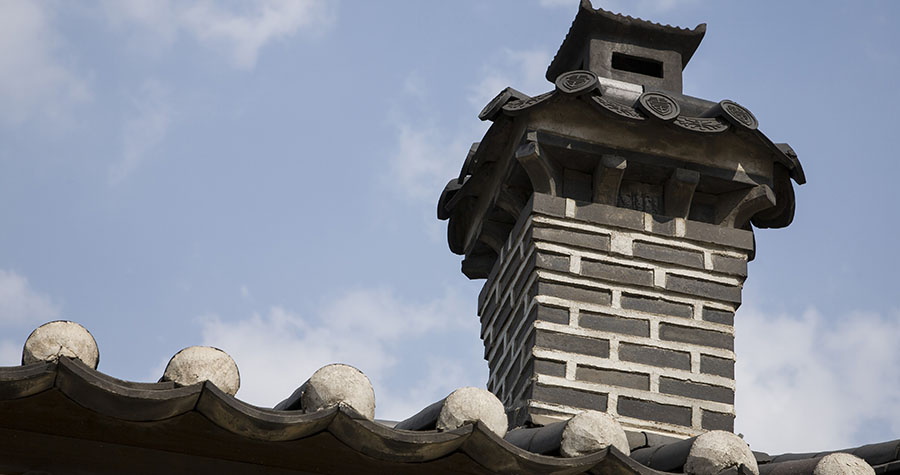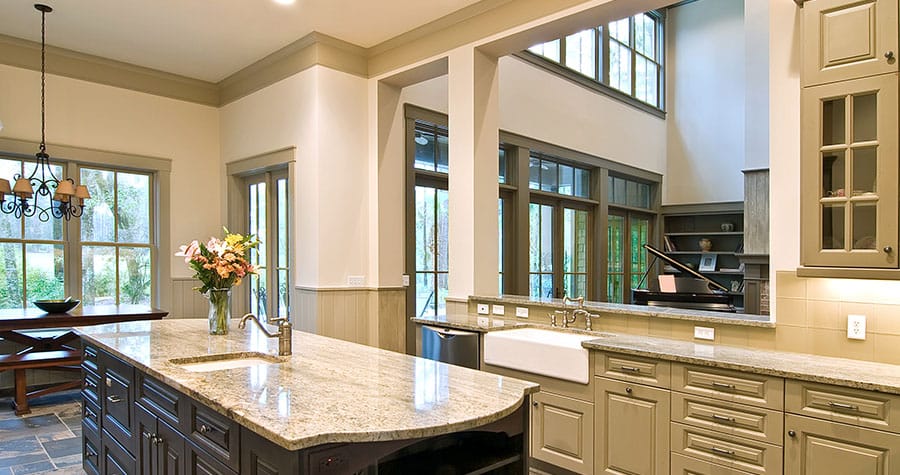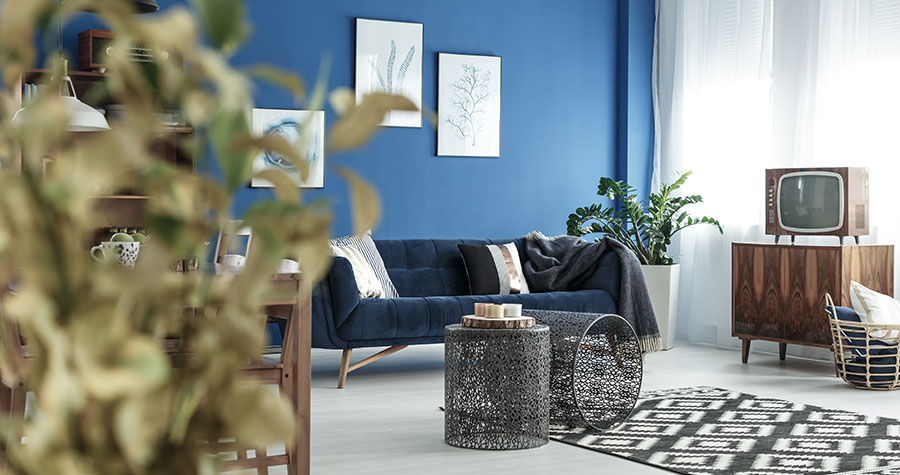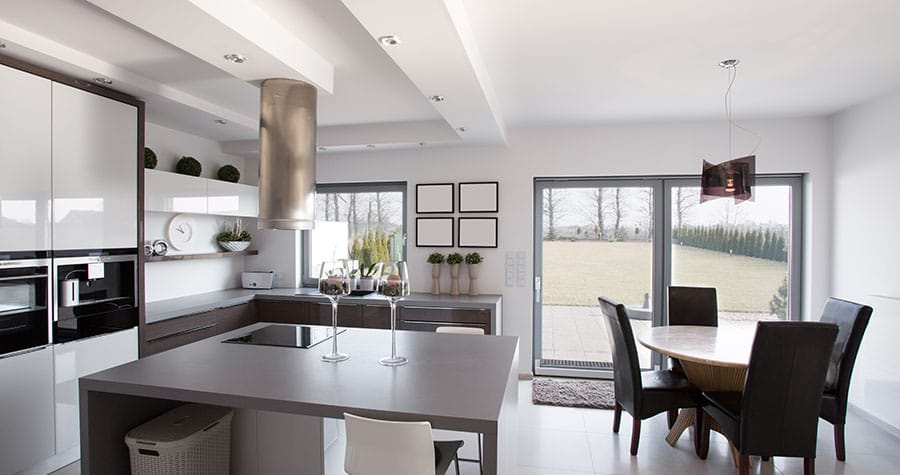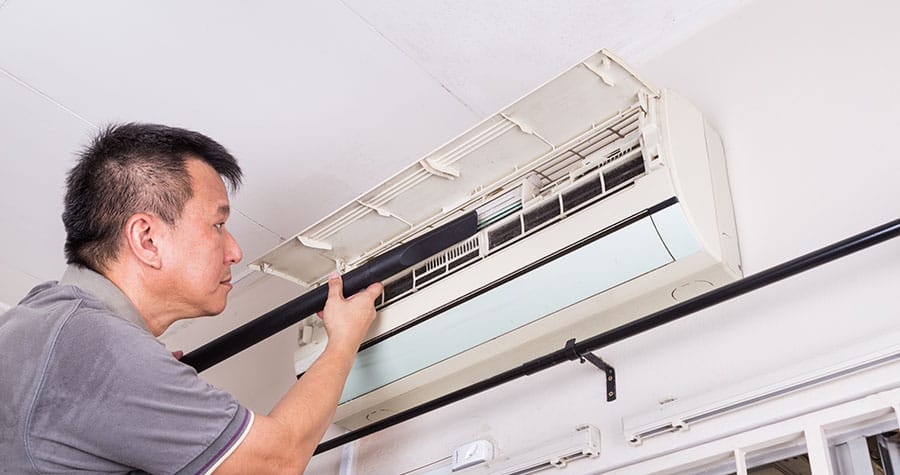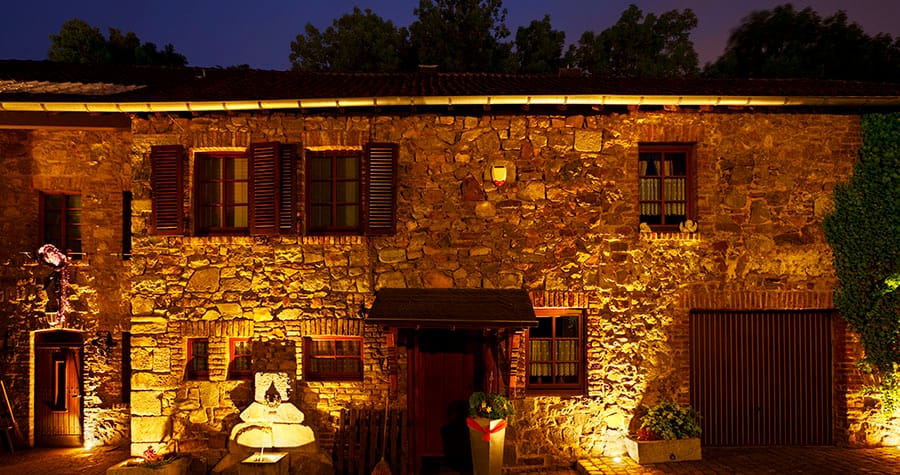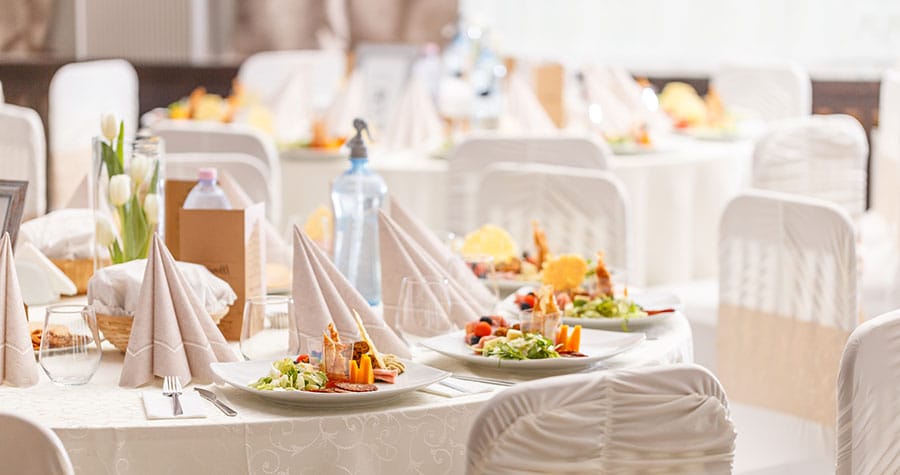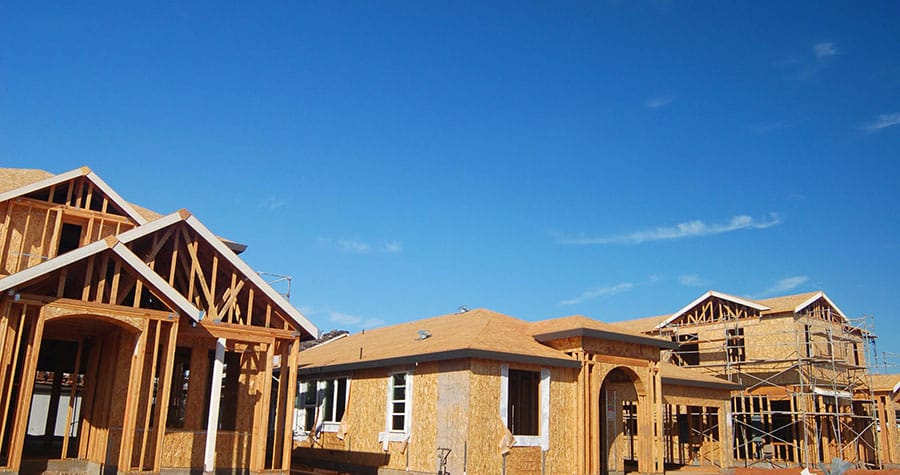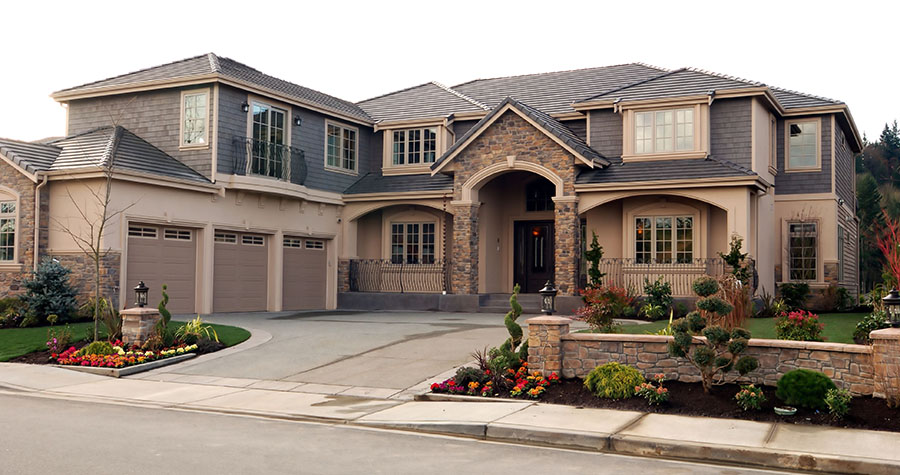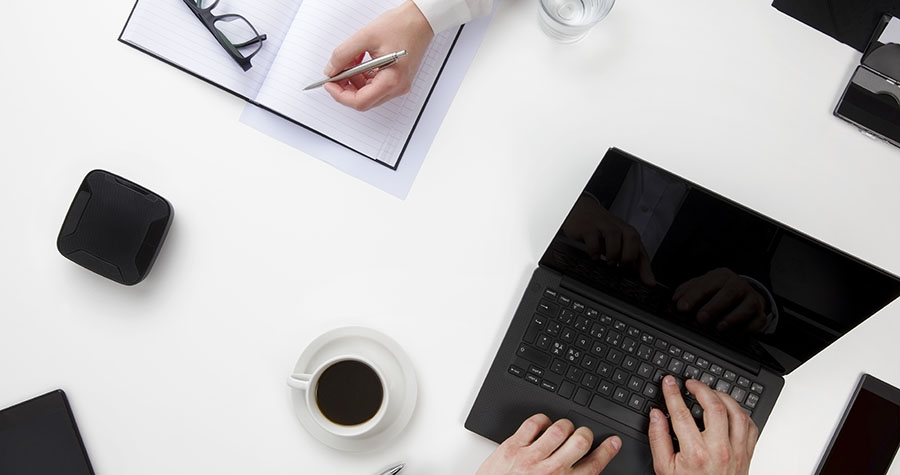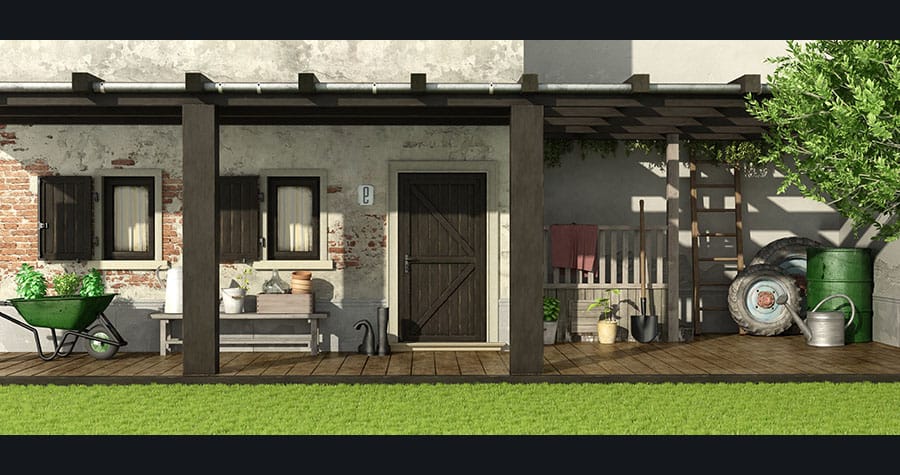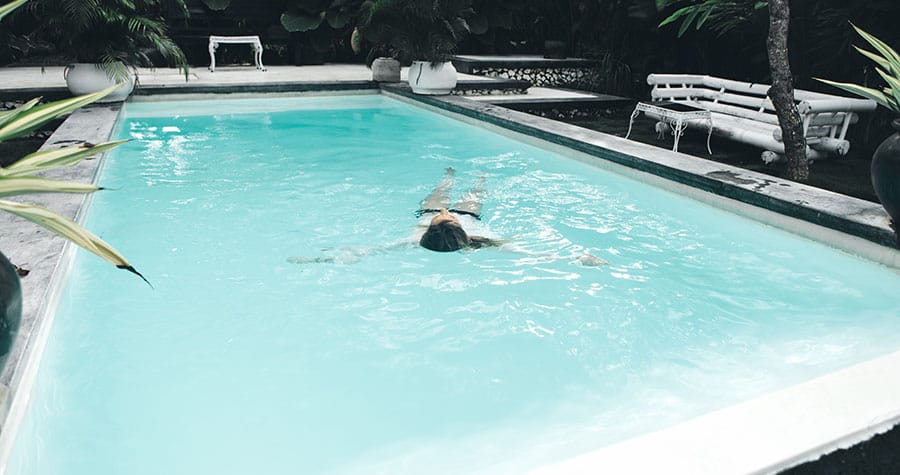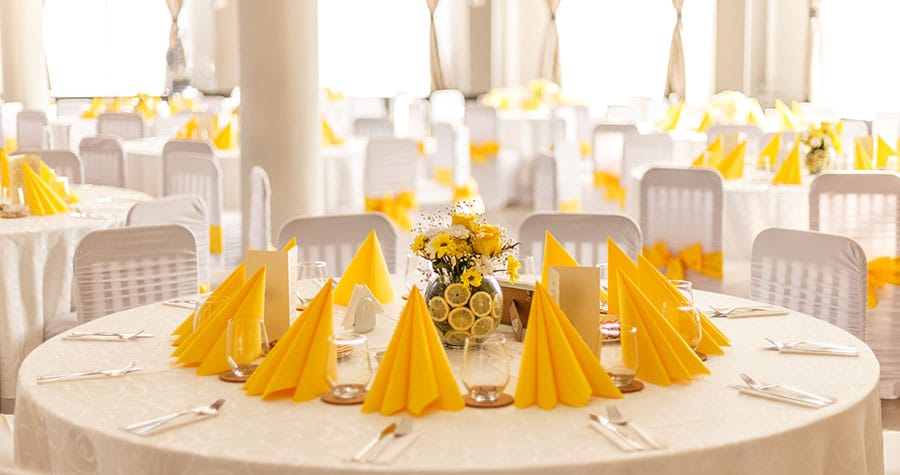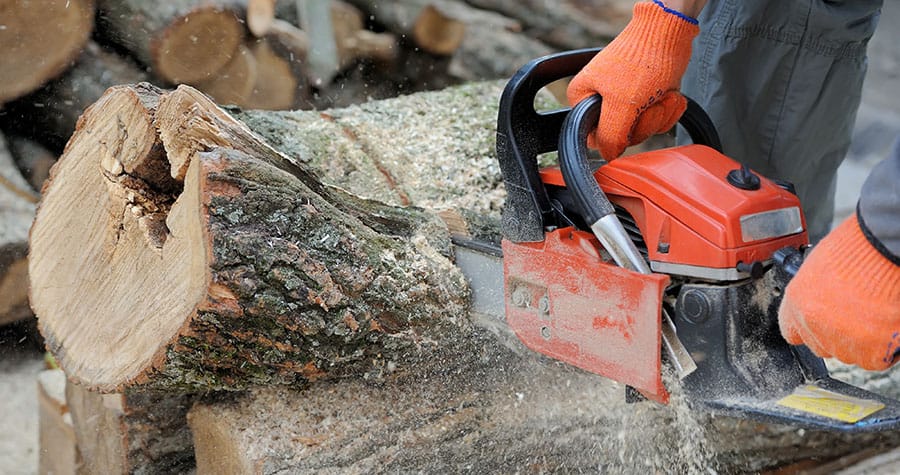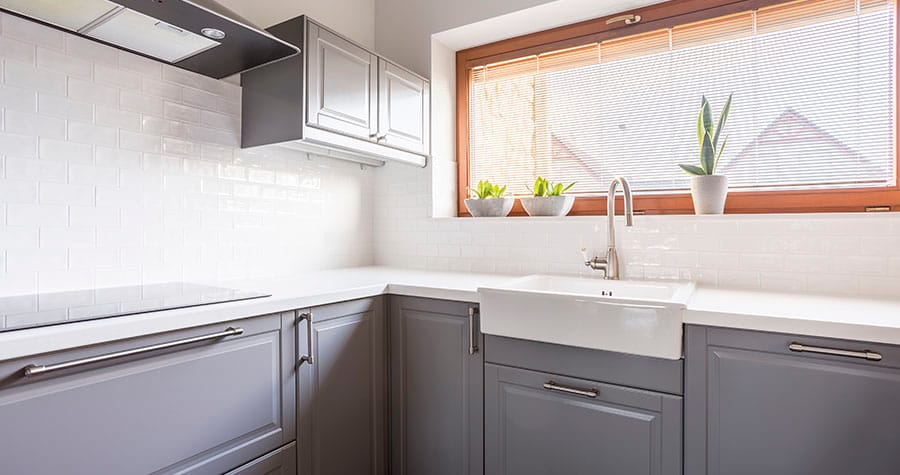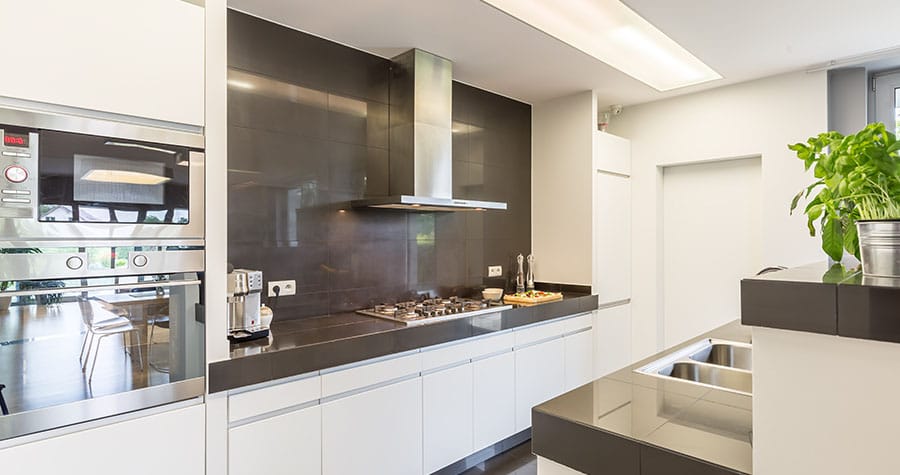Quartz countertops are man-made and created with quartz, resins, and pigments. Quartz countertops are durable, long-lasting, and increase the resale value of your house. However, if you’re thinking about getting quartz countertops, you should also know its disadvantages.
Prone To Heat Damage
The resins and fillers used in the manufacturing of quartz countertops increase the durability of quartz slabs, but they also react badly to heat. If you place hot pans on your quartz countertop, it can stain or damage the surface. If the hot pan or the item is extremely hot, it can cause damage even if placed for a few seconds.
Keep in mind that it is difficult to find any countertop material that can resist the extreme heat of hot pans and other similar items. So, whichever countertop material you choose (granite, marble, quartz, solid surface, wood, or any other), you will need to be careful using extremely hot items.
Moreover, the heat resistance of quartz countertops depends on the quality of the quartz you choose. So, never place hot pans and other items directly on your quartz or any other countertop surface. You must use heating pads or trivets to avoid destroying your countertop surface in a matter of seconds.
Spills Left For Long Can Stain Quartz
Quartz countertops have a smooth and easy-to-clean surface. If a spill occurs, you can use a microfiber cloth to wipe it off or use soapy water for the spills that are sticky or acidic.
However, if spills are not cleaned quickly, they can penetrate the surface and can stain your quartz countertop. You should be careful with coffee and other similar things spilling on the counter.
Cutting Food Directly On Quartz Can Scratch The Surface
Quartz countertops are scratch-resistant and many high-quality quartz countertops are safe for the preparation of food on them. However, even they can get scratched over time. Scratched quartz countertops ruin the shiny and smooth appearance of your countertops.
Moreover, scratches and chips can make cleaning more difficult. Spills won’t be cleaned perfectly because some of them will penetrate into the scratches and chips. This can also stain your countertop or make the chips more prominent.
Therefore, to avoid these problems of degraded appearance of your countertop and spills seeping into the fine cuts, you should never cut any food item directly on your quartz surface. Use cutting boards and similar things for the purpose and keep your quartz looking beautiful for longer.
Abrasive Pads And Harsh Chemicals Can Damage Quartz
Quartz countertops are durable and resist scratches. However, using abrasive pads on the surface will leave scratches. So, don’t use steel wool or scouring pads on the quartz countertops. The scratches won’t be noticeable from the first use of these cleaning items, but over time, your countertop will appear dull.
Keep in mind that if quartz countertops are maintained well, they have a smooth surface so you likely don’t need to use abrasive pads for wiping the surface. You can make work with soft cloths or pads that are safe for stone to wipe your quartz countertops.
Moreover, you must be careful with the cleaner you use on your quartz countertops. The wrong cleaner will give you the illusion of a cleaner surface but they will start leaving stains on your quartz countertop and also make it more prone to stains because they will damage the protective layer of your countertop.
Don’t use acidic or alkaline cleaners. Both of these types of cleaners can break down the quartz and resin bonds. This damages quartz countertops. Avoid vinegar, lime, lemon, bleach, ammonia-containing cleaners, and dish soap on your quartz countertops.
Dish soaps are commonly used by many people because are near the sink at all times so using them for cleaning the countertops seems fine. But they can dull and make the surface prone to stains.
Which cleaner to use for your quartz countertops? To avoid damaging the sealant layer of quartz counters, always use cleaners that are formulated for quartz surfaces. If you find a spill and don’t have the special cleaner, use a mixture of warm water and handwashing soap with a soft cloth to wipe the quartz surface.
Quartz Countertops Are Not For Outdoor Use
Quartz is a high-end countertop material for kitchens. So, many people may consider it safe for use anywhere – indoors and outdoors. Quartz countertops are excellent for indoor use but they aren’t useful in outdoor kitchens.
Outdoor elements can damage quartz countertops quickly. When quartz slabs are exposed to direct sunlight regularly, they can fade, discolor, and also warp. Many quartz countertops appear weird that are installed outdoors where sunlight is abundant. They appear yellow and faded.
Moreover, rain and snow are no issues for quartz countertops because they are water-resistant. However, if quartz is regularly exposed to UV light, it will damage the water-resistant seal of quartz. Once the seal is damaged, rain and snow will damage the quartz countertops as well.
Moreover, if you live in a region where extreme weather changes are recorded in each season, installing quartz countertops outdoors will lead to damage very quickly. Changes in temperature can impact the structural integrality of quartz countertops and they can likely crack.
There are better options for outdoors and some are less pricy than quartz. Concrete is a useful and affordable material used in outdoor kitchens. You can also use tile and some natural stones like granite. However, concrete is considered the best as it costs less and fares well against outdoor elements.
Higher Cost
Depending on your budget and preferences, it can be a disadvantage of quartz countertops that they are costly. Quartz countertops are high-end and give your kitchen a luxury vibe. This luxury comes with a cost.
Quartz countertops have different qualities. The cheaper qualities will cost less but will be damaged easily as well. High-quality quartz slabs cost more but last longer and are more durable. The cost of high-quality quartz can be similar to the cost of high-quality granite countertops Durham NC.
However, if you require a cost-effective countertop material consider porcelain/ceramic tiles, laminate, and solid surface countertops.
Limited Sink Options
If you’ve selected quartz countertops, you can’t incorporate integrated sinks into your quartz slabs. However, you can go with drop-in, under-mount, and flush-mount sinks. Be careful when choosing the sink type for your quartz countertops because selecting the wrong type can lead to cracks and can result in full replacement.
Require Professional Installation
Quartz slabs are heavy and if not handled correctly, they can crack. To avoid this problem, you require a skilled installer for the installation of quartz countertops. They can measure, level, and install the slab carefully.
Many DIYers manage to fix the slabs on the cabinets but the absence of a good foundation results in the weight of the quartz collapsing or damaging the cabinets. This can crack the quartz slabs as well.
Conclusion
Quartz countertops are durable, water-resistant, stain-resistant, easy to clean, and increase the value of the kitchen. However, they have some limitations that you should know before you invest in them. Don’t place hot pans on it and never cut food directly on the surface. Moreover, avoid using it for your outdoor kitchen. Moreover, hire an experienced installer for countertop replacement NC.

